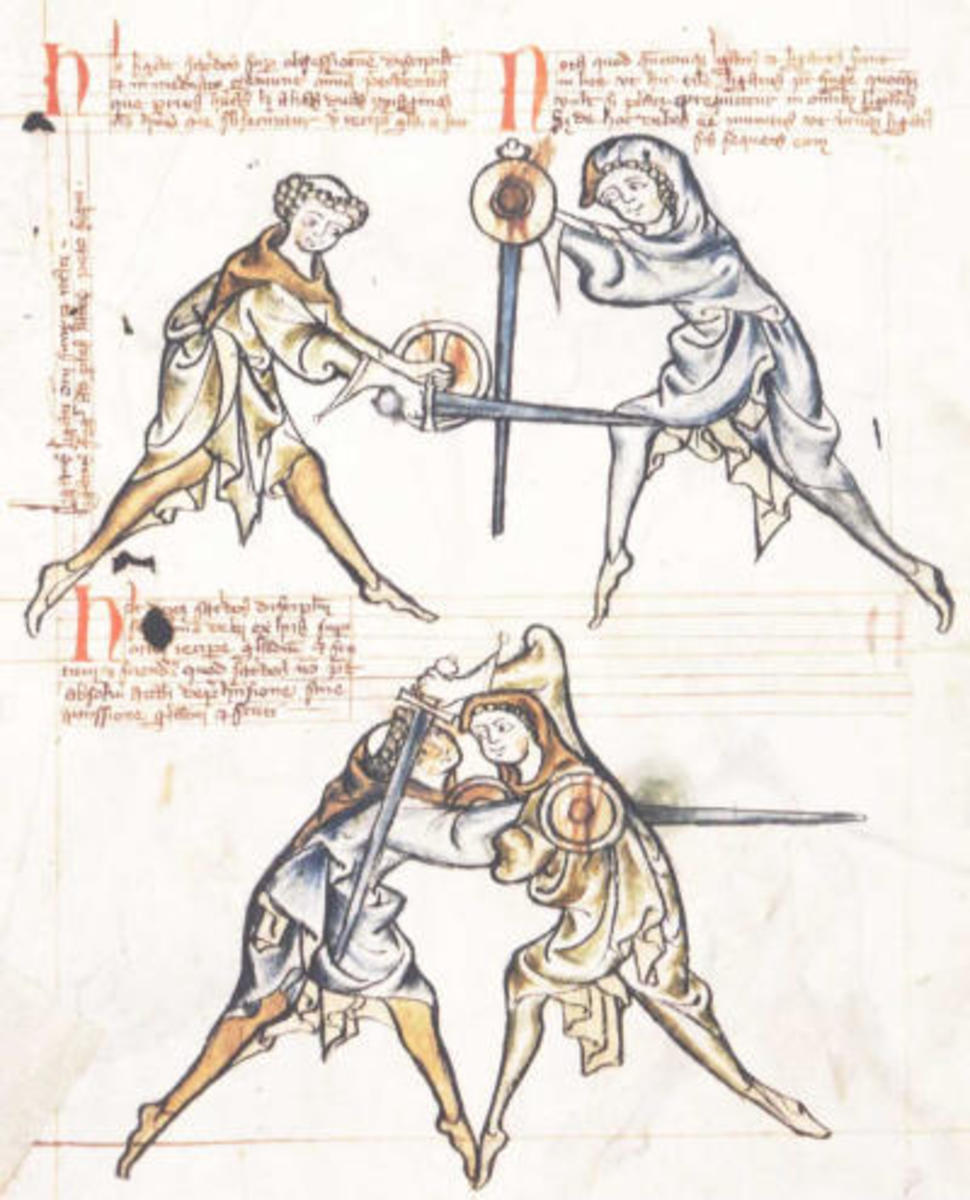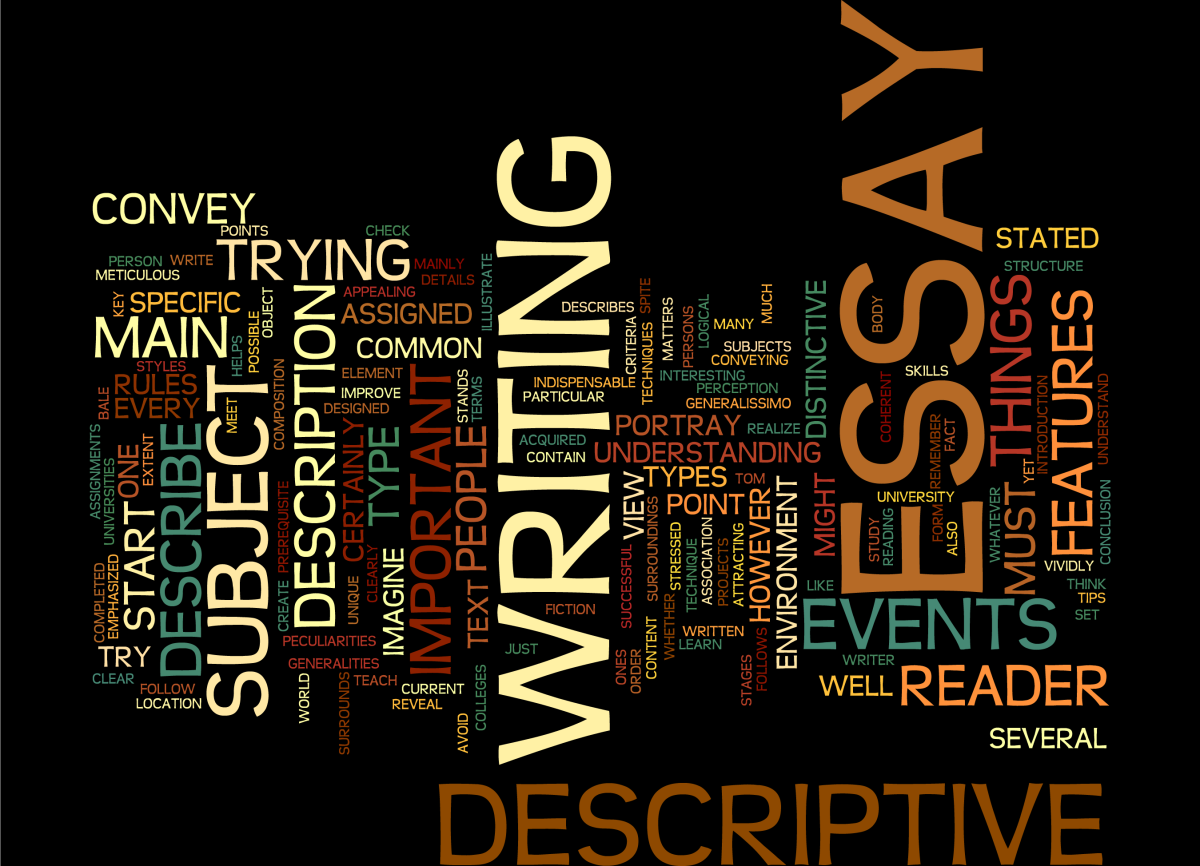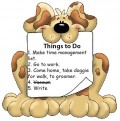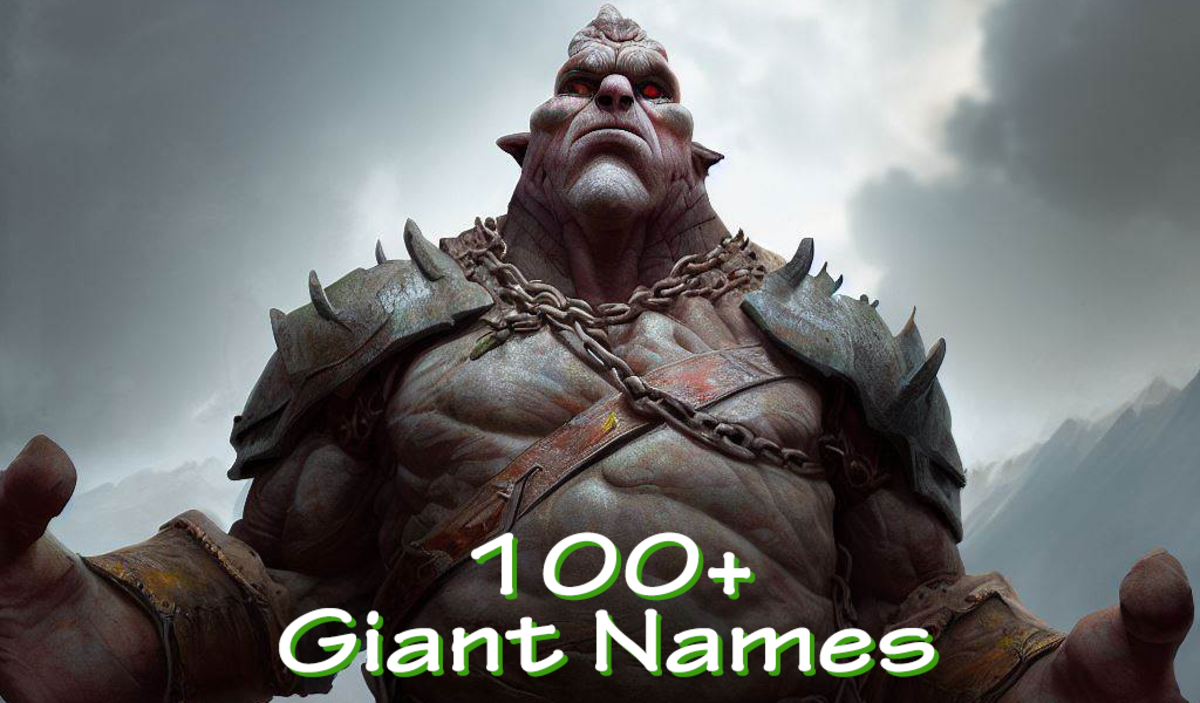How in the World to World-Build!
What in the world is world-building?
If you read or write fantasy books, you've probably come across the term "world-building" more than once. World-building refers to an author's development of their fantasy realm within the text of their novel. Think Narnia, Middle-Earth, or the Wizarding World - these are classic examples of world-building. At best, world-building is gradual, complex but not terribly difficult to understand, and unfolds naturally within the narrative of the story. As the author of multiple fantasy novels, I'm here to share a few pointers on the process.
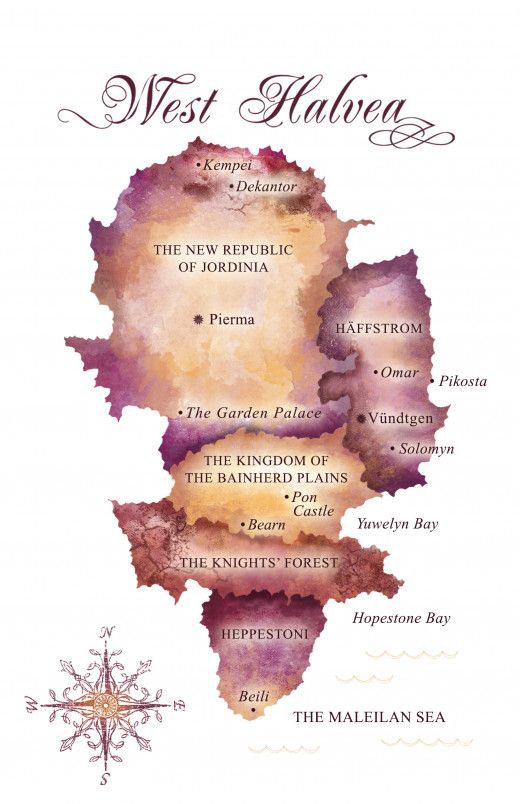
Pointer #1: Develop your names and map first.
Create your map and all corresponding names of places (and characters) first. This should definitely be done before writing or even outlining your story. Why? Because the setting - especially if your characters are going to move about and explore it - will likely be an important aspect of the plot. You'll want to ensure all of the details are thought out ahead of time, so that you can stay consistent in the planning of your story.
If you need tips for coming up with names for fantasy lands and characters, see my 10 Secrets for Naming Your Fantasy Lands & Characters Hub.
Pointer #2: Drip it in gradually.
Don't lay out all the logistics, background and backstory in the very beginning of your book. It may seem clear and like "laying the groundwork" for you, but there's no quicker way to alienate readers. A big, puffy preface or prologue full of exposition (and containing little action) will overwhelm readers and make for dense and uninteresting reading. Instead, start with an action scene that draws readers in and makes them care about what will happen to the characters, and sparks their curiosity in wanting to read more.
Once you've hooked in your audience, skillfully trickle in pertinent details about the world throughout the course of the novel. This can be done through dialogue or in the narrative. If you do it through dialogue, be sure that the dialogue still sounds natural for that character, and is not overly detailed so as to lose its believability as dialogue. If placing it in narrative, make sure it's brief and to-the-point, and flows with the story rather than interrupting it.
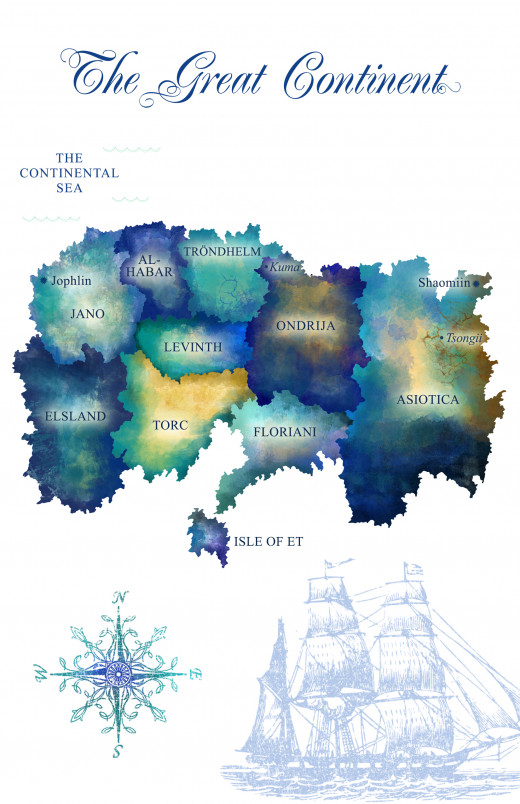
Pointer #3: Only include what's relevant.
You might've mapped out your entire world down to every last river, village and mountain range. But it's crucial to only include whatever information is relevant to the plot. It might feel like a waste not to share every bit of additional background you hold about your universe, but your job is to sculpt down the useful details into digestible chunks for your readers. Don't tell them things they don't care about. Only share what's going to come into play later, and/or what's needed for the purposes of advancing the plot and developing character arcs.
Pointer #4: Make sure the world is going somewhere.
Ensure your fantasy world is transforming or evolving in the story. Few people necessarily want to read a trilogy about a static fantasy land that will always remain the same whenever the main characters enter it. That's why in most fantasy books, there's often a war, uprising, or revolution - the world is threatened or compromised in some way, and it's up to your heroes to save it. (Or, maybe your heroes are the ones who've come to destroy it...)
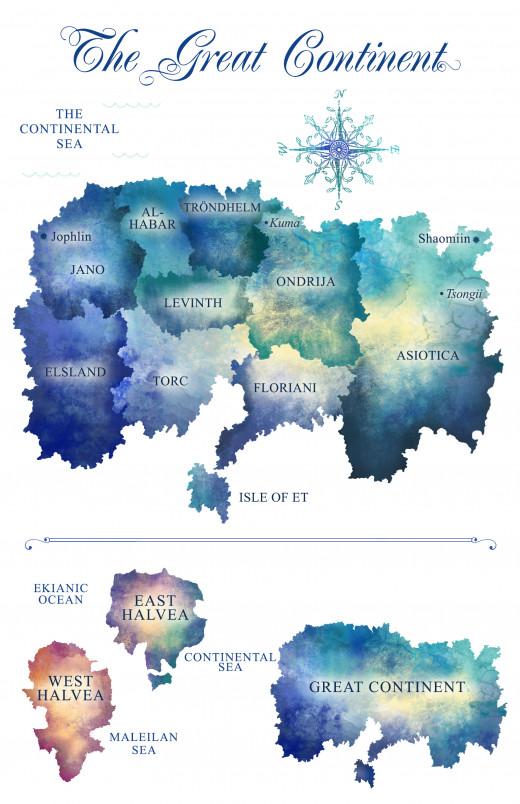
Pointer #5: You don't need to reinvent the wheel.
In my early attempts to write fantasy, I thought I shouldn't include literally anything that belonged in our real world. So, I was inventing my own plants, animals, foods, planets, languages and phrases. The result was barely legible gibberish. From those sorry attempts, I learned to keep men as men, trees as trees, bread as bread... you get the picture.
You don't have to reinvent the wheel when writing fantasy. All fantasy novels borrow from each other and the real world. For example, I'll bet you can name more than one fantasy novel that features a giant spider. And next time you read the Harry Potter series, see if you don't pick up on parallels and historical references to Hitler and Nazism. There's plenty of room for creativity while keeping your world understandable, similar to ours, and easy to relate to.
Until next time, happy writing!
© 2015 CK Brooke



